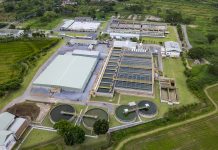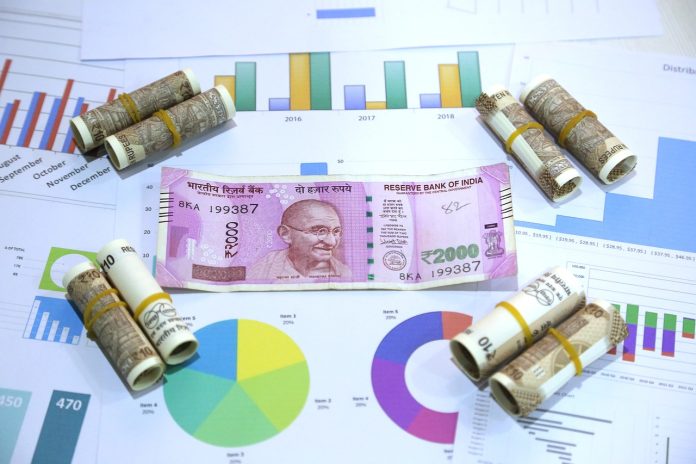According to data from Tracxn, funding for Indian environment-technology startups surged from $225 million in 2018 to $1.5 billion in 2023, indicating a remarkable compounded annual growth rate (CAGR) of 140 percent as highlighted in Tracxn’s Environment Tech Report.
While the USA dominated environmental-tech funding with a sixty percent share in 2018, this has now decreased to below forty percent, with significant increases from Europe and India noted over the past five years.
Notably, Indian startups are making strides in solar energy technology, hydrogen production and storage, and electric vehicles (EVs). Sections such as carbon capture and offset, and solar energy technology have garnered substantial funding, with over $43 million and $161 million respectively, over the past five years.
A substantial influx of funding has been observed in Indian startups addressing drought resilience through wastewater management, with investments exceeding $35 million this year alone, surpassing annual investments over the past five years.
The cumulative funding received by Indian geo-green scorecards stands at $6.55 billion, with $372 million received in 2024 up to date.
India boasts one unicorn and 26 soonicorns in the environment-tech sector. While the USA, Europe, and India are heavily investing in this sector, the USA’s market share has dwindled from 62 percent in 2018 to less than 40 percent in 2023, as per the report.
In the first three months of 2024, environment-technology startups have collectively secured nearly $240 million in funding, according to a Tracxn report released in May 2024.
As reported by businessline, between 2018 and 2022, there was a significant increase in environmental technology funding in India, rising from $0.23 billion to $2.47 billion. The peak of funding in this sector was observed in 2022, reaching $2.47 billion. However, there was a decline in 2023, with funding dropping to $1.68 billion. In the first quarter of 2024, funding has decreased further to $0.24 billion.






























